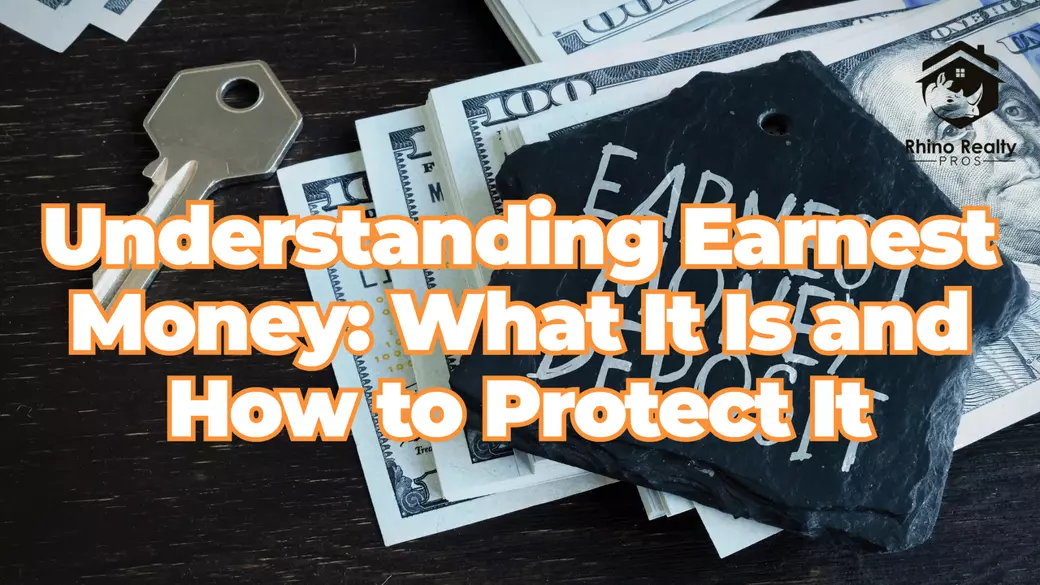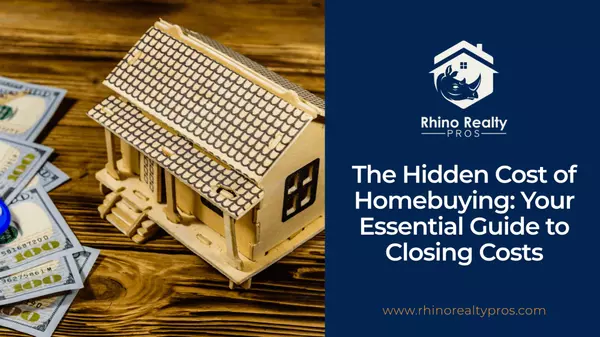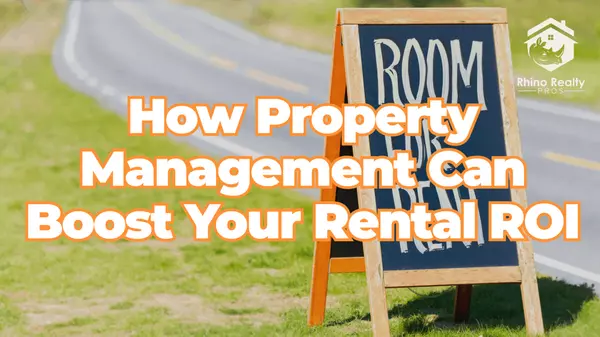Understanding Earnest Money: What It Is and How to Protect It

In real estate transactions, earnest money is a key part of the offer process—but many buyers and sellers don’t fully understand what it is, how it works, or what risks are involved. Whether you're buying or selling, understanding the role of earnest money is essential to protecting your interests and navigating negotiations with confidence.
What Is Earnest Money?
Earnest money is a good faith deposit a buyer provides to show they are serious about purchasing a property. It's typically 1% to 3% of the purchase price and is held in an escrow account until closing. Think of it as a financial promise that the buyer is committed to the deal.
Why It Matters to Both Buyers and Sellers
-
For Buyers:
Putting down earnest money strengthens your offer and shows sellers you’re committed. It can give your offer a competitive edge, especially in multiple-offer situations. -
For Sellers:
Earnest money protects your time and interest. If a buyer backs out without a valid reason, the seller may be entitled to keep the deposit as compensation for lost time and potential market exposure.
How Buyers Can Protect Their Earnest Money
-
Understand the Contract Contingencies
Earnest money is usually refundable if the buyer backs out within the bounds of certain contingencies, such as:-
Home inspection contingency
-
Appraisal contingency
-
Financing/mortgage contingency
-
-
Meet All Deadlines
Missing deadlines (like those for inspections or financing approval) can put your deposit at risk. Work closely with your agent and lender to stay on track. -
Ensure Clarity in the Agreement
The purchase contract should clearly outline who holds the earnest money, under what conditions it is refundable, and what happens in the event of a dispute.
What Happens to the Earnest Money?
-
If the deal closes:
The earnest money is typically applied to the down payment or closing costs. -
If the deal falls through for a valid reason:
The earnest money is usually refunded to the buyer. -
If the buyer defaults without cause:
The seller may retain the earnest money as compensation.
Final Thoughts
Earnest money plays a vital role in building trust between buyers and sellers. When handled properly—with clear terms, professional guidance, and adherence to timelines—it offers protection to both parties and helps ensure smoother transactions.
If you're unsure how earnest money works in your area or situation, it's always wise to consult with a qualified real estate agent or attorney.
Categories
Recent Posts











